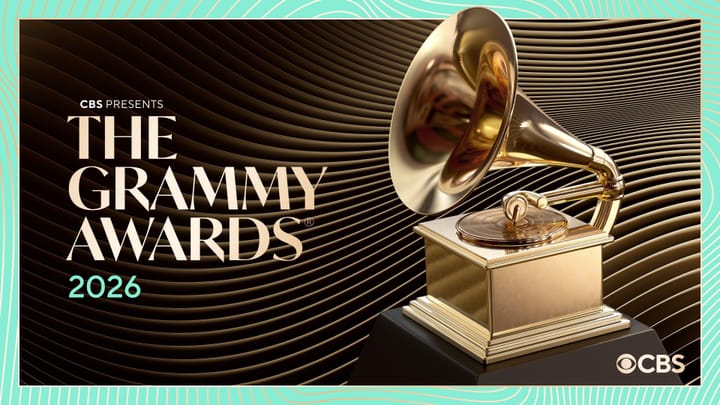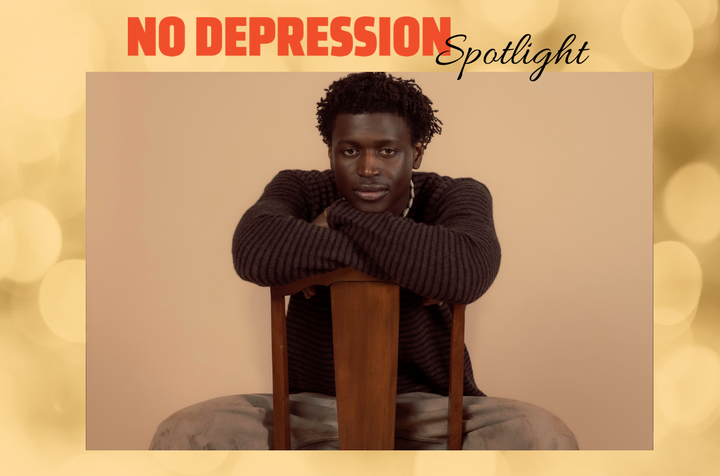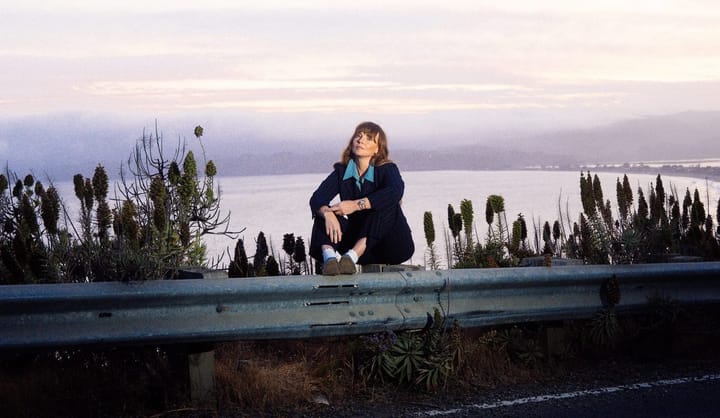Outside Rupp Arena, scalpers were asking as much as $125 a ticket for the sold-out opening date of the Down From The Mountain tour. A few years back, the only Rupp event that could have commanded such a price was a University of Kentucky basketball game. Lately, though, even the basketball team has had trouble filling the spacious venue.
Inside, 8,100 lucky ticket-holders crowded in for a 2-1/2-hour sampler of what the show's emcee, Bob Neuwirth, called "old-timey acoustic" music. Ranging from the black gospel of opening act the Fairfield Four to the closing bluegrass and mountain church singing of Ralph Stanley, Down From the Mountain was a huge success, generating occasional standing ovations and several memorable highlights.
The stature of the event, which was inspired by the O Brother, Where Art Thou? soundtrack, stood in stark contrast to its simple stage setting. There were seven large microphones, a podium and chair for the emcee, and an unadorned backdrop. No stacks of amps and speakers, no drum sets, no giant video screens or stage risers. The sound quality, even in the back of the arena, was nearly pristine, with no worries about amplifier feedback or vocals getting overpowered by instrumentation.
The simple setup also facilitated the many lineup changes, as each act played one or two songs before clearing out quickly for the next. While not up to the comic introductions and transitions reeled off by the late John Hartford in last year's Down From The Mountain documentary (filmed at Nashville's Ryman Auditorium in May 2000), Neuwirth did an adequate job as emcee, filling the couple minutes between each of the eight sets before intermission, and another eight after intermission.
The performances varied from merely interesting to musically stirring. The Kentucky crowd, for example, sang along enthusiastically as Chris Sharp joined the Nashville Bluegrass Band on a rocking rendition of Jimmie Rodgers' "In The Jailhouse Now", though they thankfully let the NBB's Pat Enright handle the yodels. Enright also was well-received as one of the Soggy Bottom Boys, along with NBB fiddler, Stuart Duncan and George Clooney's voice-double, Dan Tyminski, of Alison Krauss & Union Station.
An even more enthusiastic reception greeted Kentucky native Patty Loveless. Born in Elkhorn City and raised in Pikeville (which Loveless refers to as "a small town in the back of a small holler"), Loveless got the post-intermission party moving with the mountain-music chestnut "Shady Grove". Subsequently, she announced to the crowd, "I am a Kentucky girl, for a fact," and described how her "whole life revolved around the coal mines" in the eastern part of the state. "My father was a coal miner and my grandfather was a coal miner, and that's what this song is about," she said, launching into the crowd-hushing "You'll Never Leave Harlan Alive" (a Darrell Scott song included on Loveless' latest disc, Mountain Soul).
From there, the energy level never waned, culminating in the standing ovation that greeted the man Loveless dubbed the "father of mountain soul," Dr. Ralph Stanley. He sang three songs, including a beautifully ragged a cappella interpretation of "O Death" and his own long-standing take on "Man Of Constant Sorrow" (the Soggy Bottom Boys' big hit in the O Brother movie). The show closed fittingly with Stanley and the entire bill -- dozens of players and singers -- crowded together performing the Stanley Brothers classic "Angel Band".
The concert was most valuable as an introduction to various artists and musical styles. The acts with whom I was most familiar seemed to appear all too briefly -- I would have loved to have heard more from Stanley, and from Emmylou Harris (who was backed by Buddy & Julie Miller) -- but then again, I've seen them perform numerous times. Instead, I got to see the wonderful Fairfield Four for the first time, and discovered aspects of Loveless' work I might otherwise have overlooked.
The show seemed to transcend racial and cultural barriers that separate so much of life in Lexington and throughout Kentucky. Though the Rupp audience was overwhelmingly white, the reactions to the performances of the two African-American acts on the bill -- in addition to the Fairfield Four, there was blues singer-guitarist Chris Thomas King -- were clearly heartfelt.
A similar bridging of gaps was achieved between traditional, old-time songs and more contemporary compositions. For example, T Bone Burnett, the producer of the O Brother soundtrack, asked Emmylou Harris to play the title track from her latest album, Red Dirt Girl. Harris' new composition did not sound the least bit out of place in a program devoted to "old-timey" music.
The only disappointments were the absence of Gillian Welch (who played such a pivotal role in the Down From The Mountain documentary) and a throat ailment that kept Alison Krauss from singing. But Krauss still contributed some powerful fiddle playing, and, in her vocal absence, we were treated to a moving version of "(Didn't Leave) Nobody But The Baby" that featured Harris, Loveless and Julie Miller.




Comments ()